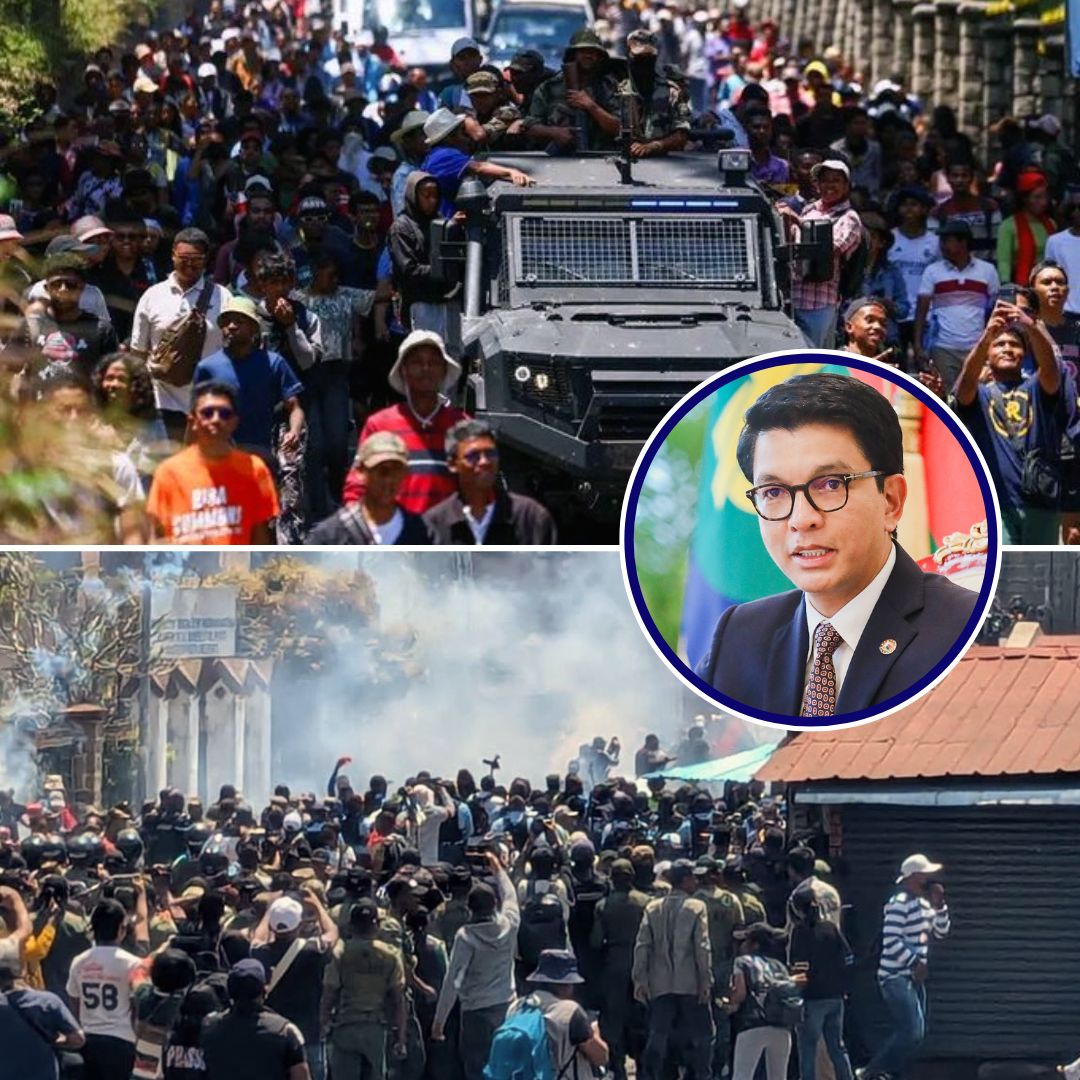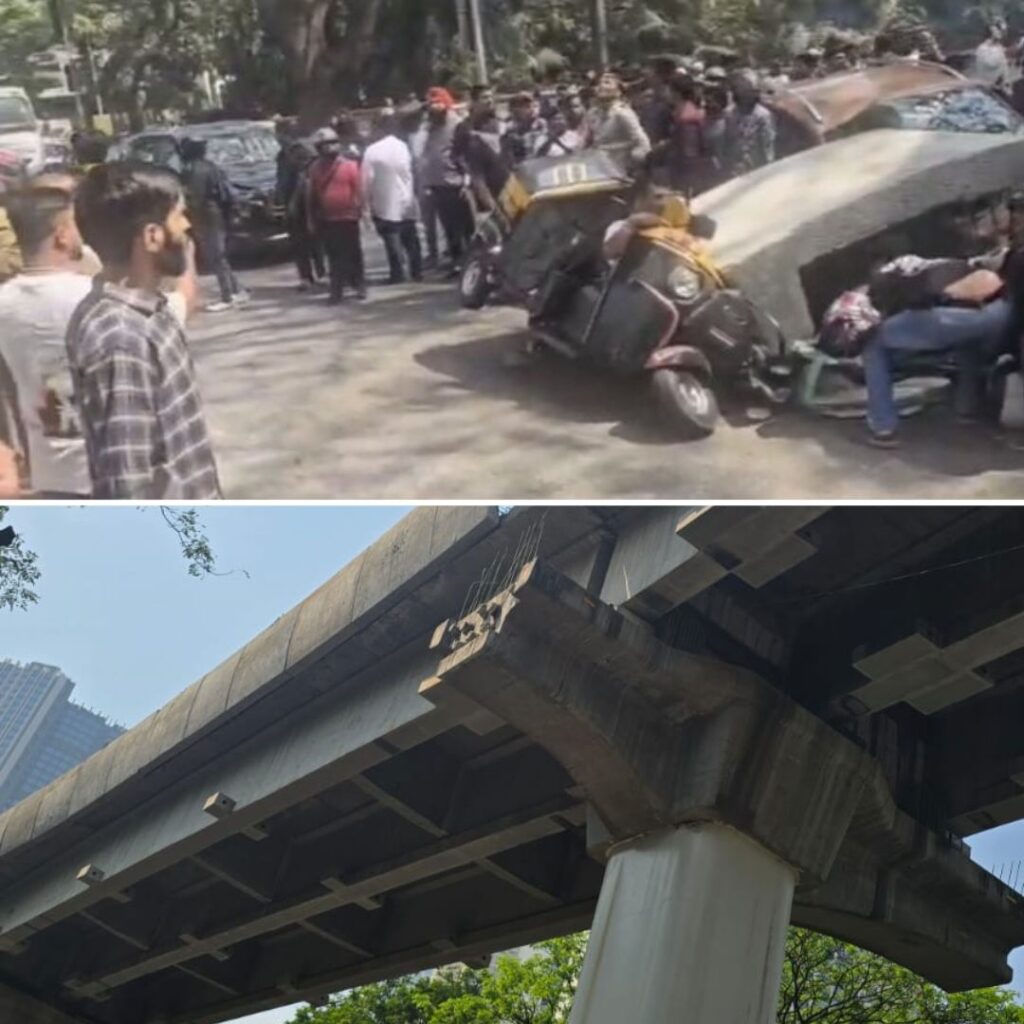Amid escalating protests led by Generation Z, Madagascar’s president Andry Rajoelina fled the country after the military sided with the demonstrators. The elite CAPSAT military unit mutinied and took control of the capital Antananarivo, leading to the impeachment of Rajoelina and the seizure of power by the military.
The crisis stemmed from acute power and water shortages, rampant corruption, and economic hardship. Military leaders have announced a transition period with elections planned within two years. The protests left over 22 dead and many injured, reflecting a growing global youth movement demanding accountability and reform.
Gen Z Youth Lead the Uprising
Starting on September 25, 2025, young Malagasy citizens mobilised against prolonged cuts in electricity and water, spreading swiftly across the island. The protests gained traction as Generation Z activists rallied around demands for President Rajoelina’s resignation, the prosecution of his close advisers, and structural reforms.
Inspired by symbols of resistance such as the “One Piece” manga flag, protesters harnessed digital platforms to amplify their voices. Crucially, the military’s elite CAPSAT unit broke ranks with the government and aligned with the protesters, critically undermining Rajoelina’s hold on power.
Colonel Michael Randrianirina declared the military’s takeover on national radio, promising elections and a national referendum within two years.
Political Breakdown and Military Seizure of Power
As unrest intensified, President Rajoelina attempted to quell dissent by dissolving the government, including an unsuccessful decree to dissolve the National Assembly. Nonetheless, lawmakers impeached him following his flight from the country aboard a French military plane.
The military suspended institutions such as the Senate, Constitutional Court, and the electoral commission, though temporarily allowing the National Assembly to function. The situation has prompted international concern, with calls for respect to democratic norms amid the military’s takeover.
This political upheaval exposes Madagascar’s entrenched challenges involving governance, economic insecurity, and post-colonial tensions exacerbated by suspicions regarding Rajoelina’s French ties.
The Logical Indian’s Perspective
The events in Madagascar underscore the transformative potential of youth activism in demanding accountability and social justice. While the military takeover introduces uncertainty, it is vital to uphold peaceful dialogue, empathy, and coexistence to steer change positively.
Democracies must sincerely engage young populations as stakeholders rather than adversaries, integrating their aspirations within functional political frameworks. The crisis in Madagascar serves as a reminder that inclusive governance and respect for human rights are foundations for sustainable peace.












